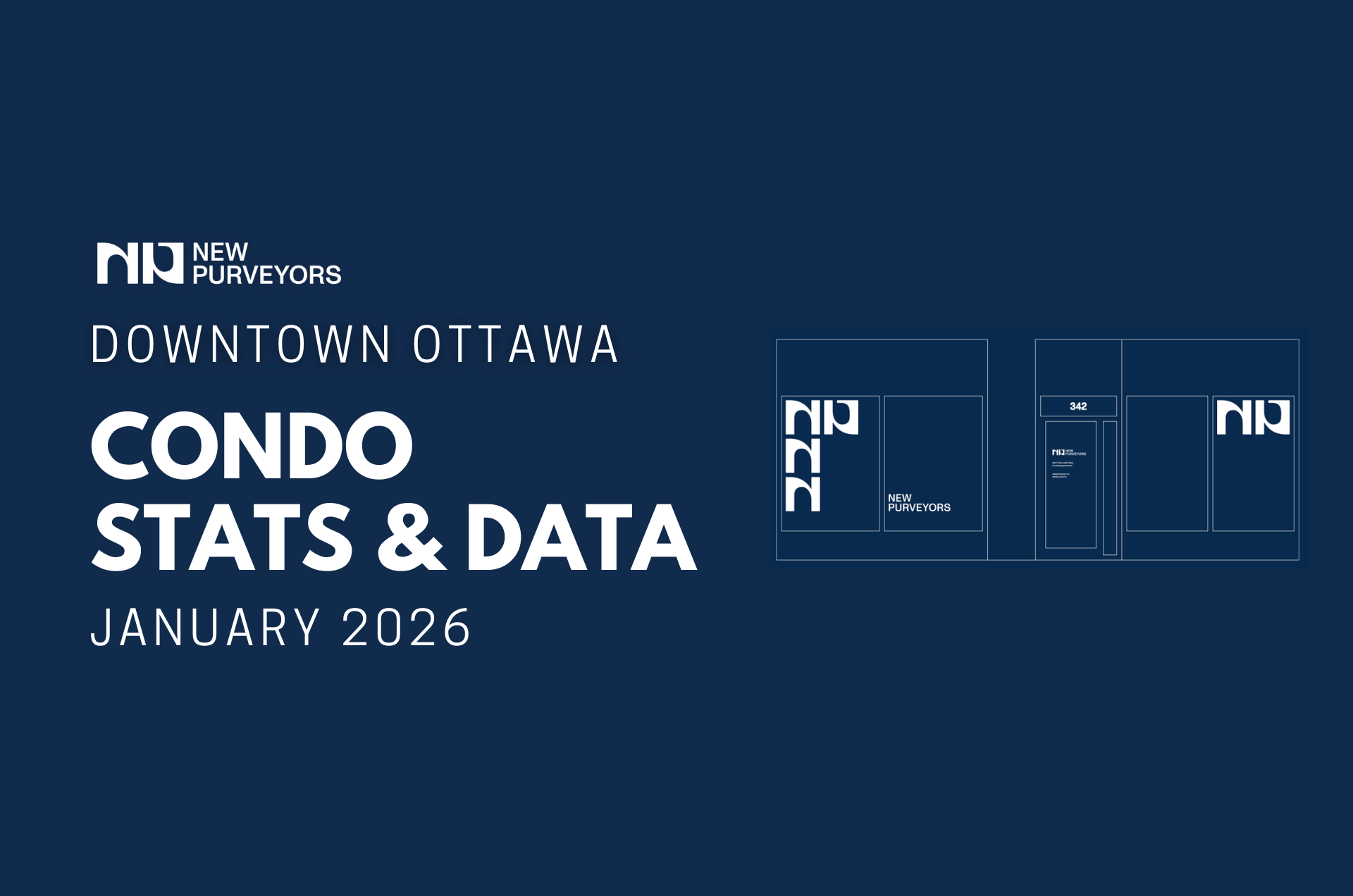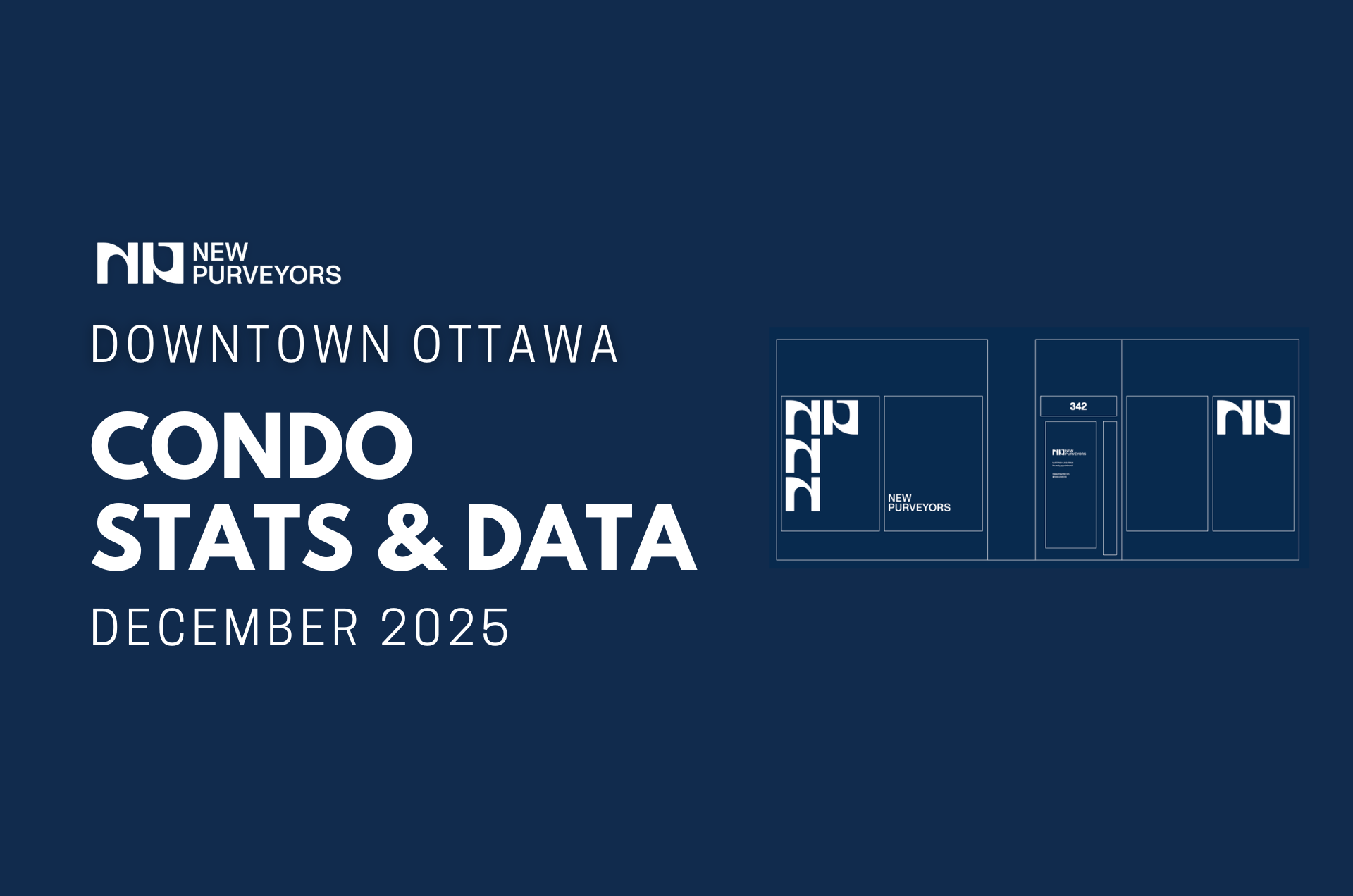Condominiums have become an increasingly popular housing option in Ottawa. Over the past decade, dozens of new condo developments have appeared across neighbourhoods like Centretown, Little Italy, Westboro, and along the city’s light rail transit line.
For many buyers, condos offer an accessible entry point into the housing market. But beyond affordability, an important question remains: are condos actually a good investment in Ottawa?
The answer depends on several factors including location, building quality, long-term demand, and how the property is used.
Understanding these factors can help buyers make smarter decisions when considering condo ownership.
Why Many Buyers Choose Condos in Ottawa
Condos often appeal to buyers because they typically have lower purchase prices compared to detached homes in the same neighbourhood.
For first-time buyers, condos can provide an opportunity to enter the market earlier while building equity instead of continuing to rent.
They also appeal to downsizers who want to simplify their lifestyle and eliminate the maintenance responsibilities associated with owning a freehold home.
Another reason condos remain popular in Ottawa is location. Many of the city's condo buildings are located in walkable neighbourhoods close to restaurants, transit, and employment centres.
Areas such as Centretown, Little Italy, and Westboro have seen significant condo development because they allow residents to live close to the downtown core.
Rental Demand in Ottawa
Ottawa’s rental market plays a major role in condo investment potential.
The city has several consistent sources of rental demand, including:
• federal government employees
• university students
• young professionals
• newcomers relocating to Ottawa
With major institutions like the University of Ottawa, Carleton University, and a large federal workforce, rental demand tends to remain stable even during broader economic shifts.
Many condo investors purchase units specifically to rent them to long-term tenants, particularly in neighbourhoods close to transit and employment hubs.
Location Matters More Than Anything
Not all condos perform the same as investments. In most cases, the location of the building has the biggest influence on long-term value.
Condo buildings located near:
• downtown employment centres
• transit stations
• restaurants and amenities
• universities
• waterfront or parks
often see stronger demand and resale activity.
For example, condo buildings in Centretown and along the O-Train line tend to attract both buyers and renters because of their accessibility and walkability.
Building Reputation and Management
Another major factor that influences condo value is the building itself.
Buyers should pay attention to several aspects of a condominium corporation, including:
• the financial health of the reserve fund
• the condition of common elements
• management quality
• upcoming major repairs
The status certificate provides important details about the building’s financial condition and can help buyers understand potential future costs.
Buildings with strong management and well-funded reserve funds typically maintain property values more effectively over time.
Condo Fees and Investment Returns
One factor investors must consider is the impact of monthly condo fees.
Condo fees cover the cost of maintaining the building and shared amenities, which may include:
• building maintenance
• landscaping and snow removal
• cleaning of common areas
• building insurance
• reserve fund contributions
In some Ottawa condo buildings, utilities such as heat or water may also be included.
While condo fees reduce the monthly net rental income for investors, they also eliminate many maintenance responsibilities that come with owning a freehold property.
Ottawa’s Condo Market Stability
Compared to larger cities like Toronto or Vancouver, Ottawa’s condo market has historically been more stable and less volatile.
The city’s economy is supported by the federal government, technology sector, healthcare, and universities. These industries tend to create steady housing demand even during periods of economic uncertainty.
Because of this stability, condos in well-located buildings often maintain consistent demand from both buyers and renters.
Who Condo Investments Work Best For
Condo investments can be a strong option for certain buyers.
They often work best for people who:
• want a lower entry price than detached homes
• plan to rent the property long-term
• want a low-maintenance investment property
• prefer centrally located real estate
However, buyers should always evaluate each building individually and consider long-term costs such as condo fees, property taxes, and maintenance.
The Bottom Line
Condos can be a solid real estate investment in Ottawa, particularly when located in desirable neighbourhoods with strong demand and good building management.
Like any real estate purchase, the key is choosing the right building and understanding the financial details before buying.
For buyers considering condo ownership, researching individual buildings and neighbourhood trends is often the best place to start.


































